Consistently taking home top honors in paddling competitions around the world, lesbian kayaker Tanya Faux is quickly gaining recognition in her home country of Australia and in the United States. With sponsorships from Teva and Wave Sport, among others, Faux has conquered white-water rapids on multiple continents. Having come out four years ago, Faux has established herself as a pioneer in her sport and a role model for female athletes. Faux's rigorous training regimen for the Teva championships, won her the top spot in the PaddleCross.
How did you get involved in the sport originally? While I was in Australia I did an outdoor education course, and as soon as I put a paddle in my hand, I decided I loved it and just didn't stop. I just kept paddling as much as I could. And then I met a few people over here who traveled to Australia, and so I came over and went paddling. Did a bit more, paddled a bit more, won a few competitions. Yeah, I really just went from there.
When you first started, did you intend to make it a career? I think I definitely wanted to work the river, but I didn't realize I would end up becoming a professional athlete in the industry. It's quite funny because one of my first goals when I started kayaking was to paddle every river in the world.
Really? Completely unachievable, but yeah, that was definitely one of my goals. So yeah, I'm pretty stoked to have made it a career. The people are great; it's a pretty relaxing lifestyle.
But you travel all the time, right? Yeah, I'm continuously on the road. I've just been in Colorado for a few weeks, and now I'm back in California trying to get a few more runs done here out this year and then off to Colorado again for and then out to eastern Canada.
Do you have a specific area of the world or a place that you've enjoyed the most? Yeah, I'd say for creeking or steep whitewater, California Sierra's hold some of the best white water in the world. Just multiday trips through amazing sites, gorges, rapid after rapid, waterfall after waterfall. It's unreal. In terms of freestyle kayaking, out in the Quebec area there's a lot of volume of water, like the rapids around the Ottawa and in Montreal. Great paddling all day and then you can just go out on the town at nighttime. Those would be my two favorite places for sure.
Well, because you travel all over the world for this, is there really an off-season? Or are you continuously in competition all year? I definitely try to take some time off from competing. The main focus is just kayaking. For me, in many ways it's just getting out there and going down a river I haven't paddled before, or going on an expedition. I like to take at least three or four months off from competing and focus on traveling to a country or a remote location where there's a river that hasn't been paddled before. So, recently I did an expedition in the northwestern part of Australia, which was 80 days unsupported, and did two first descents up there on the Moran and Mitchell rivers. That was definitely a highlight.
Was it just last year, or two years ago that you had a pretty serious shoulder injury? Two and a half years ago I blew out my left shoulder and had surgery. Pulled the boats off the roof racks of my car and had that, "Oh, My god, I'm not going to kayak ever again" sort of feeling. It was quite funny though because you sort of go through that moment of "It's all over, my career is over. I'm injured." And then you sort of get it done and you do a lot more visualizing rather than paddling. And I luckily didn't have any of hiccups coming back after the surgery. My shoulder is really good right now and I haven't had any issues with it, which is great. But it was a learning curve for sure, to not be able to kayak when I'd been kayaking for all five years previously, and then all of a sudden there's no paddle in your hands for three months.
I'm sure it was an adjustment to cut down on your usual training regime, but was it a nice break? Did you get to spend time with friends and family? Absolutely. When you get injured you're probably going to go to a place where you'll get support and that's generally with your family, and that's what happened to me. It was great because I don't usually get to spend time with my nephew, and my mom and dad. So, in terms of getting an injury, sometimes I think that happens for a reason. I spent quality time with friends and family that I otherwise wouldn't have because I'm on the road all the time. It also remotivates you when you have an injury like that, and I was just so motivated to get better and go kayaking because I hadn't been kayaking for so long.
Now that you've come out of your injury and you're fully recovered, what is your training schedule like? I don't train as hard as I used to, but I definitely do a lot of gymnastics, a lot of core work, physical training in my boat. I do at least one training session a day and then I go paddling.
When you're preparing for a competition, especially if it's in an area of the world you've never been to, do you do anything other than physical training to prepare? We spend a lot of time doing what we call "scouting" the river. If I'm competing down a new piece of white water that I haven't paddled, I'll scout out the entire section and I'll landmark particular points in the river, and on what side of the river I need to be, and what sort of stroke to use at particular parts of that white water. I'll really break it down and analyze it and almost draw a bit of a river map in my head about where I need to go. And then I'll probably spend at least a week there beforehand practicing on that piece of white water because one of the coolest things about the river is, depending on the weather, whether it's snowmelt-related or rain-related, the river level can change, so you've got to be able to paddle it at different levels. Also acclimatizing to the culture, to the people, how the shuttle systems are going to work, running the river, whether I'm paddling alone or with some teammates.
So, do you usually travel with a group? Do you ever get to bring along friends or family to come see you in action? Well, coming from Australia, my parents haven't been overseas to see me compete, but when I compete in Australia, they definitely come. I generally travel with another Teva athlete named Nikki Kelly. We're like a little bit of a Southern Hemisphere duo. We come over here and we travel together to events. And she paddles at a very similar standard and enjoys training at a very similar level so we get along very well. Through the years, teammates have come and gone. People have gotten motivated and demotivated, and you get older, so you tend to paddle with an older crowd. Definitely Nikki Kelly has been a big part of my career and is a great paddle partner. She usually either beats me or I beat her. So it's quite funny always traveling with your nearest competitor.
Do you two tend to run into the same people at different competitions? Yeah, there's definitely a core set of people who follow the circuit. And then you have up-and-comers who are getting involved and try to push their limits a little bit. But there's definitely a core group that you'll see at every competition and you know you'll always try to beat the same people. And then you've got the locals, and it's really good to see locals get involved because they're the next generation. I definitely spend a lot of time getting involved with the local community there and help develop some of the paddlers who may not be paddling at the same standard as the elites.
Have you found it to be a particularly male-dominated sport? Absolutely, but I think that's slowly changing in part because the equipment is becoming more female-friendly. For a long time, boats were heavy, boats were too long, boats were too hard to turn, and now a lot of the new boats, they actually have female sizes, and it makes it a lot easier than, say, even five years ago.
And I noticed you personally have a website with four other women, called the "River Angels"? Yeah, so the River Angels is a group dedicated to trying to get more women into the sport. In kayaking, you have a "hump," where you realize you've got a lot to learn and you go "Oh, my God, I can't do this." The website's main reason is to get people over that hump and then into the next stage of kayaking -- it sounds corny, but you become one with the river, you begin to understand how the water works and how to then really enjoy kayaking without having any of the fears holding you back.
When you compete, are the competitions always separated by gender? Or do you ever compete men vs. women? They generally are separated by gender, but you know, Nikki and I always try to see how we end up on the times with the men as well. And we generally finish in the top 10 out of the men as well, so even though we are separated from them, we do compete against them inside our own heads.
With a lot of water sports, like surfing for example, sponsorship is really huge. Is paddling a sport that depends a lot on sponsorship? There is a lot of sponsorship, but it's definitely not as much as surfing. You've really got to show your dedication to the sport; you've got to get results, you've got to be a very good public speaker, you've got to be very good at selling boats on the river. It's definitely not as easy as surfing, but there's definitely sponsorship out there to be had, totally.
A lot of athletes struggle with coming out professionally because of sponsorship. Is that an issue you encountered? When I first came out I was quite worried about it and whether it would affect my sponsorship and how the industry would take it. But I guess that's one of the cool things about the river -- it's an outdoor environment, and it has quite a strong gay following in the outdoors. I was pleasantly surprised by all of my sponsors. They didn't seem to care that I was gay. It has definitely brought more confidence to myself personally and to my kayaking. I can totally be who I am without subconsciously worrying about wearing their label wrong because I am gay.
And you came out pretty much halfway through the career that you've had so far? Yeah. I look back on it now and there were a few months there where I was quite fearful that I was going to lose my sponsorship all those sort of things, but in the long run I have to give it to my team managers. They were all like, "It doesn't matter. We're proud to have you as one of our athletes."
What prompted you to come out? I guess I just had to deal with basically what was going on inside of my head, as people are when they are coming out. And now I've ultimately found the most amount of happiness I've had in a long time. If I didn't do it four years ago, I'd still be wondering what the hell was going on inside my own mind.
Well, if it weren't for getting into paddling and really choosing this as a career path, what do you think you would be doing today? Was there ever another direction you were heading in? Yeah, I mean, I was studying horticulture at university. It's hard to say because I think I'm a very lucky person that I've found something that ultimately brings happiness to my soul and have created myself a career with it through dedication and passion for white-water kayaking. So, it's hard to imagine not being where I am right now. I do have other passions, though. I enjoy cooking and sometimes dream about owning my own cafe somewhere. That sort of thing, you know. As I'm getting older, I'm realizing that I'm probably going to need something else coming up, and I guess that's a bit scary because [kayaking] is ultimately what makes me happy, so to then let go of it all is the next step for me, and that's a bit hard.
When your career as a professional athlete ends, do you see yourself returning to Australia? Or with all the traveling you've done, is there another place that has caught your eye? Yeah, I've definitely fallen in love with Colorado. I like the Rockies, and there's a couple of towns there, like Durango and Steamboat ,where there's just fantastic outdoor playing -- there's skiing and trail riding and biking. And there is, you know, a rich sort of culture there with music and eating good food and stuff like that. So, I often dream about living in Colorado, but it's hard -- when you're not an American citizen you've got to find someone to employ you, and then you've got to get a visa and residency...
What do you see for yourself professionally over the next couple of years? Eight years in, you're already so successful, usually ranking number 1 or number 2 in competitions. Where do you go from here? Well, Layne Beachley, who's a famous Australian surfer, she's inspiring because she's written a couple of books about how you keep going after you've had such good success. I want to be still heavily involved in my industry. I understand that with competing, I won't be winning forever. But I still want to be paddling forever. I'd like to immerse myself in a paddling community in Colorado and help junior kayakers get into kayaking and motivate people and, you know, then open my restaurant or whatever. That's the dream.
Is there anything you think would surprise people about you? Oh, that's a hard one. Well, spiritually, I think, for me, I've been getting a deeper and deeper connection to the wilderness. And when you get remote and you're sitting on a rock or standing on a rock after paddling all day, you start to understand that, yes, there is an energy out there that we don't quite understand but we really need to be part of. And how deprived one feels when the wilderness is not a part of one's life -- whether it's a garden or a courtyard or whether it's heading to the beach and walking your dog, we definitely shouldn't separate ourselves from our environment, I think.
Because you've had this connection now with the environment, do you see yourself being involved, or are you involved, with environmental activism? I'm definitely heavily involved with the campaign in Australia right now to stop liquid gas mining and oil mining in that region. That's a pretty big passion of mine right now, to get more Australians and international people aware of those issues that are happening in my country.








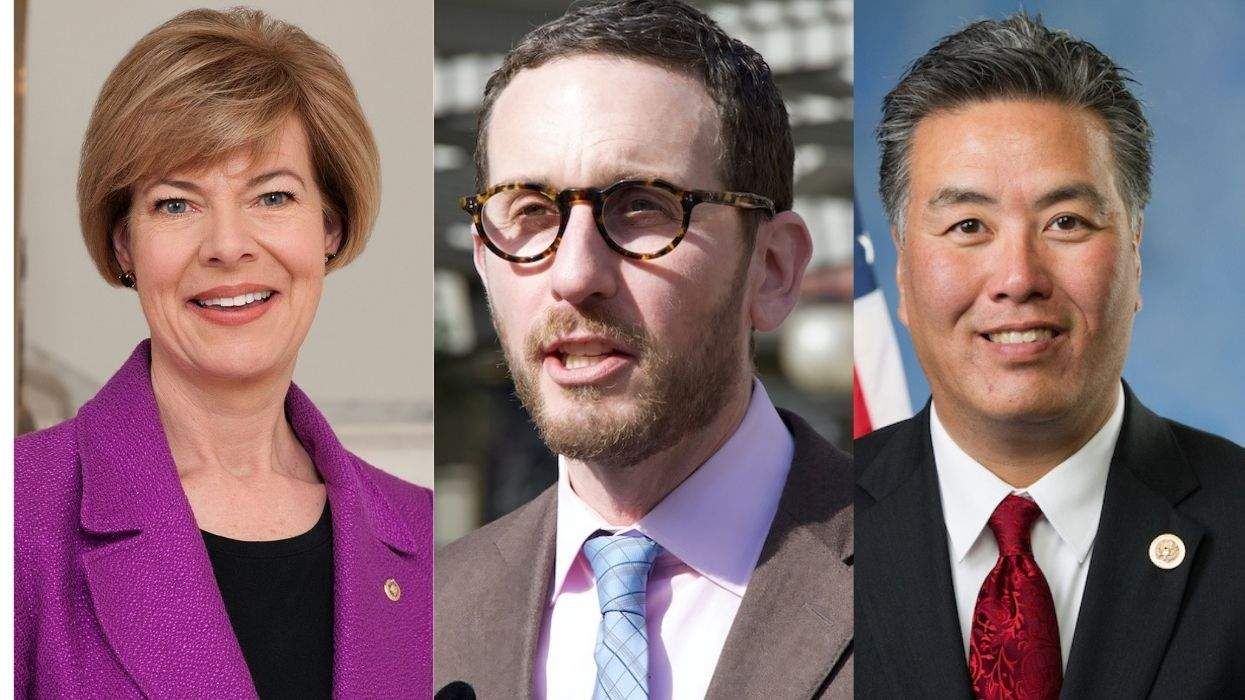
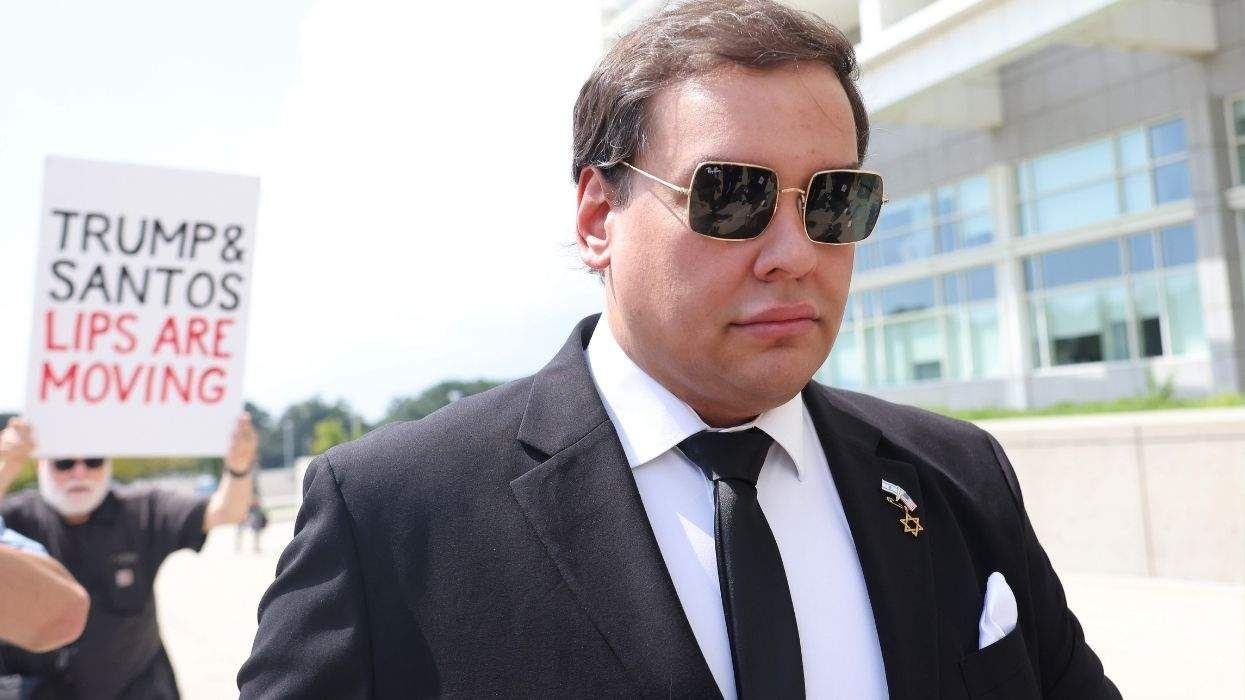
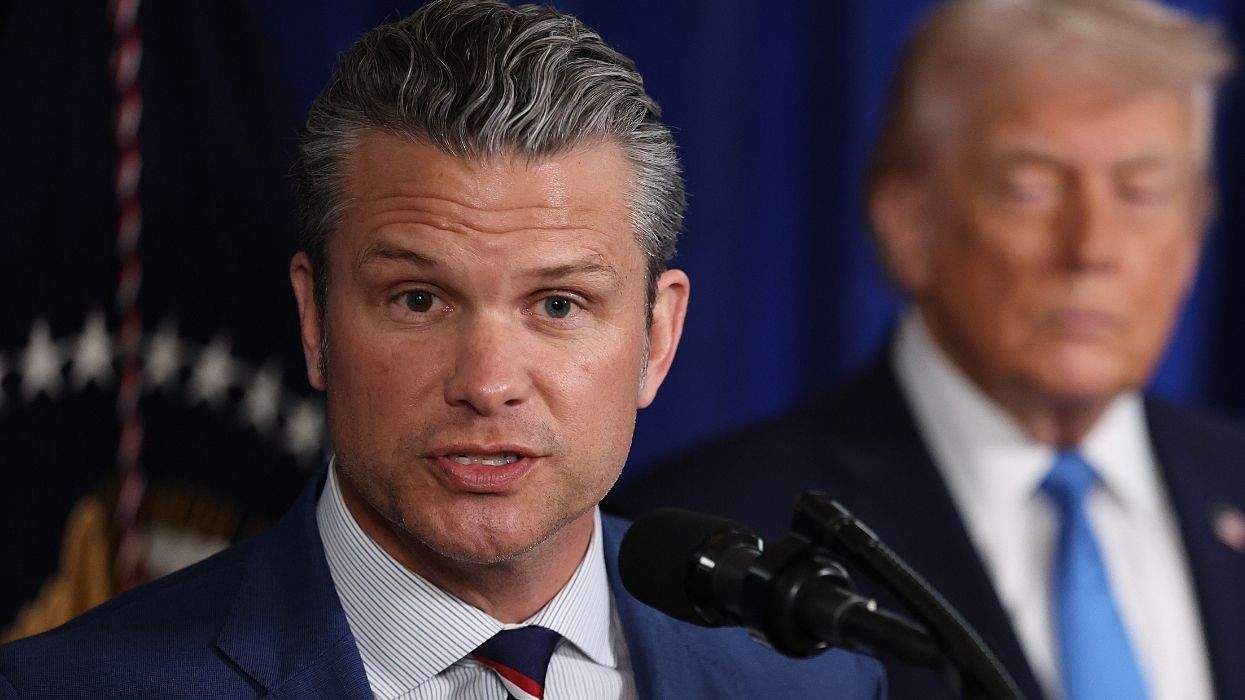


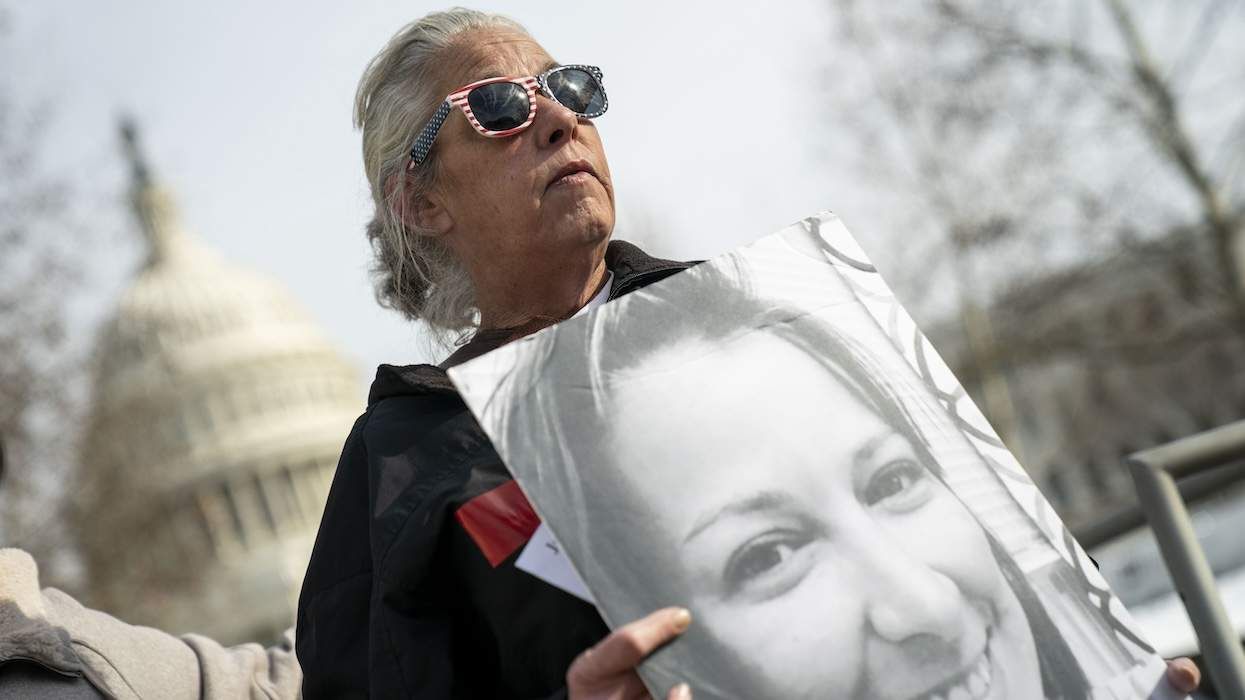
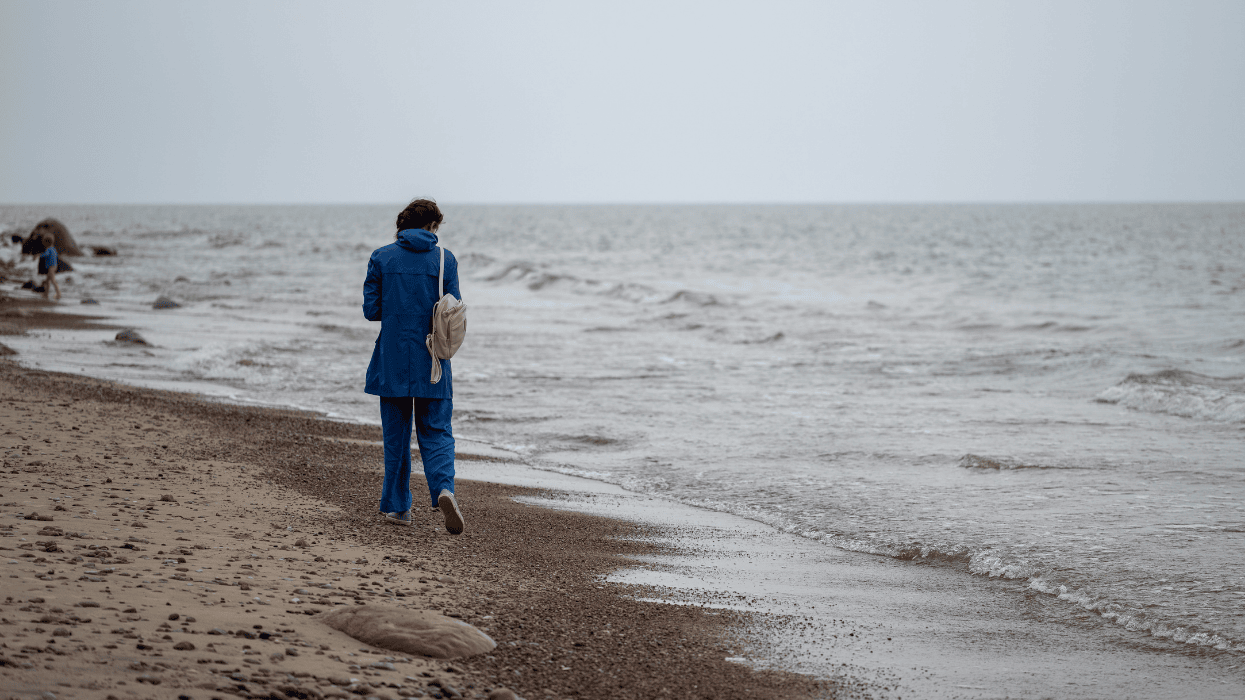














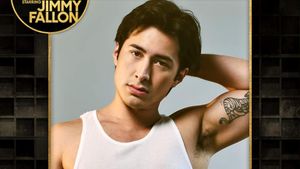



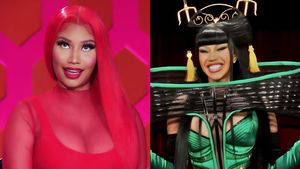


























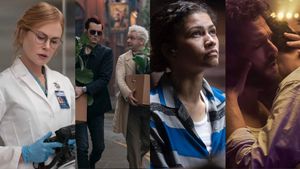







Charlie Kirk DID say stoning gay people was the 'perfect law' — and these other heinous quotes